Pedagogy Quick Reads
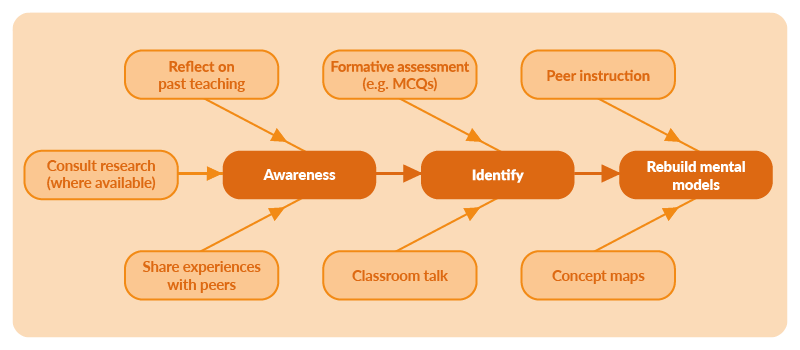
Alternate conceptions (often referred to as misconceptions) are learners’ beliefs about a concept that are overly simplified or inaccurate.
24 February 2022
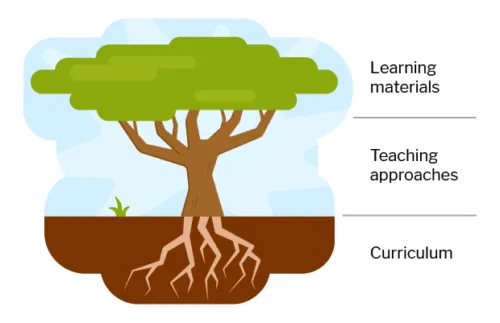
Culturally relevant pedagogy is a framework that emphasises valuing all learners' knowledge, heritage and ways of learning. By drawing on students' own experiences and cultural knowledge you can ensure that the computing curriculum is relevant, engaging and accessible to all.
25 November 2021
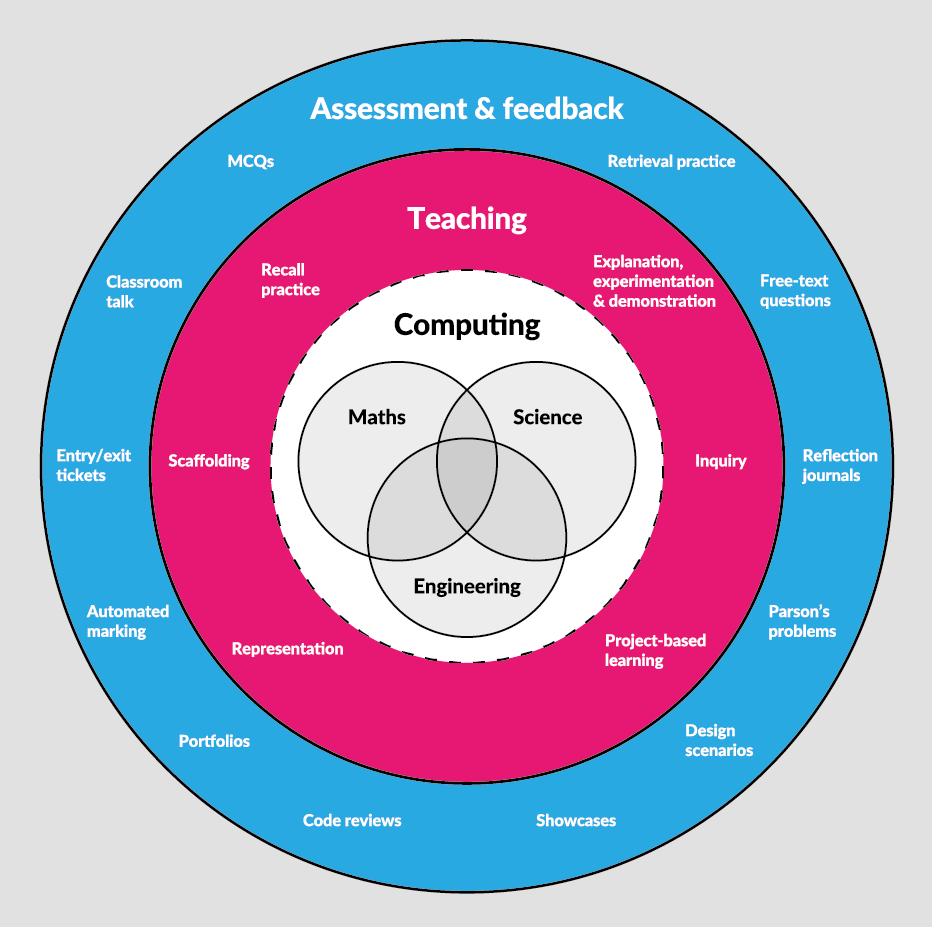
Computing is a discipline rooted in three main traditions: engineering, maths and science. Depending on our own experience, we’re each likely to favour one or more of these perspectives, which can have an impact on how we present computing to our learners.
04 November 2021
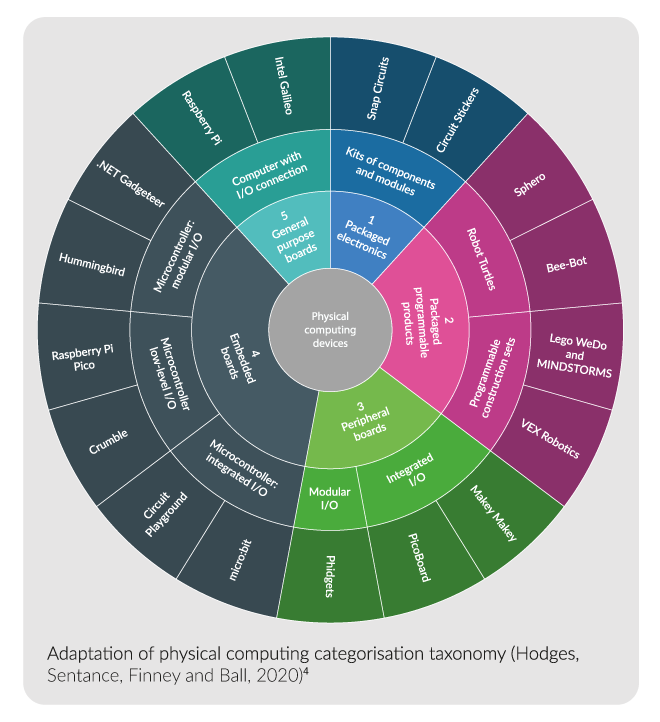
Support learners to develop and apply programming skills and comprehension by applying them to a real-world, tangible project.
16 September 2021
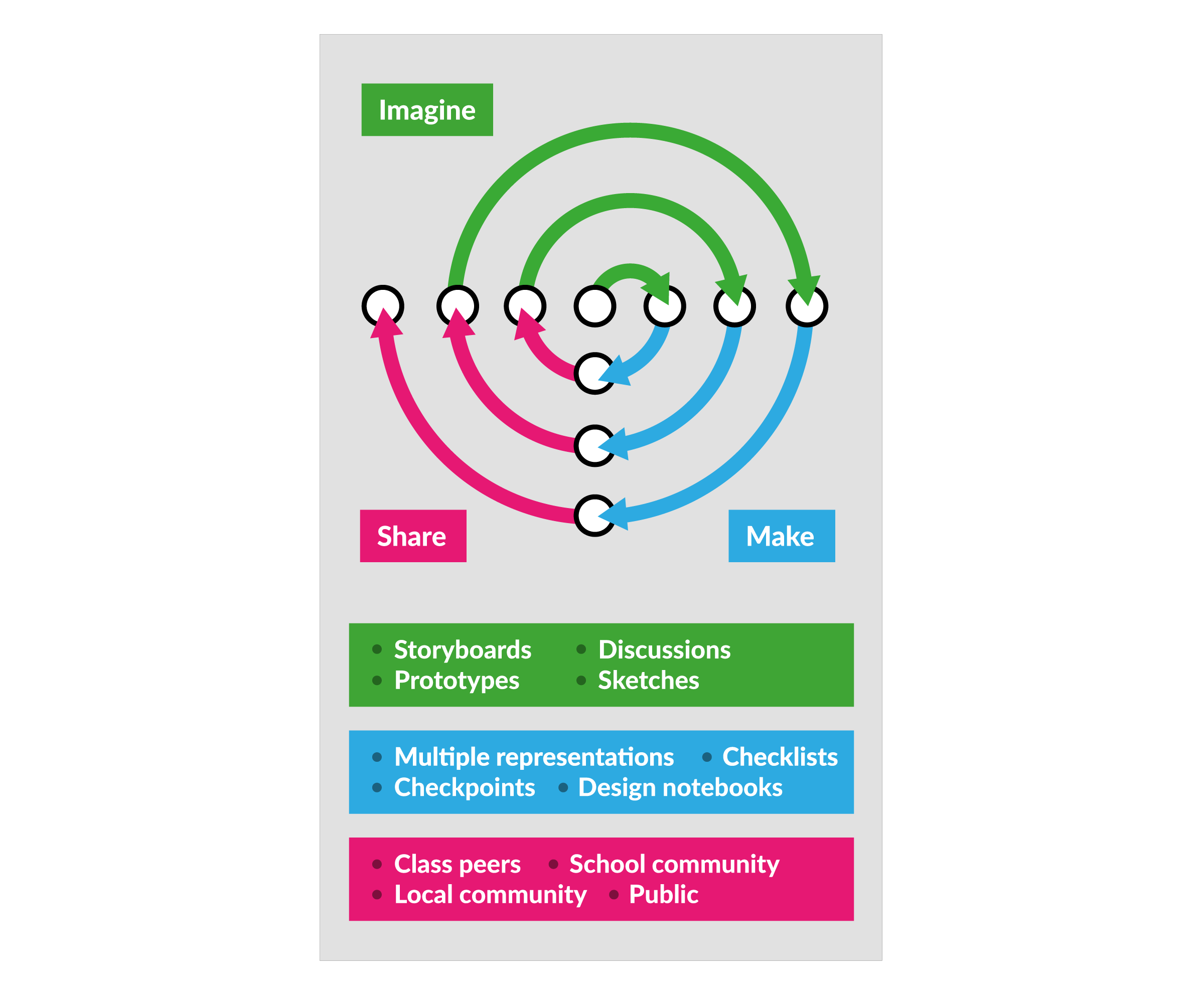
Support learners to consolidate their programming knowledge by applying it to real-world, tangible projects. This approach to teaching computing focuses on structuring the learning activities around the design, creation and evaluation of a digital artefact.
07 May 2021
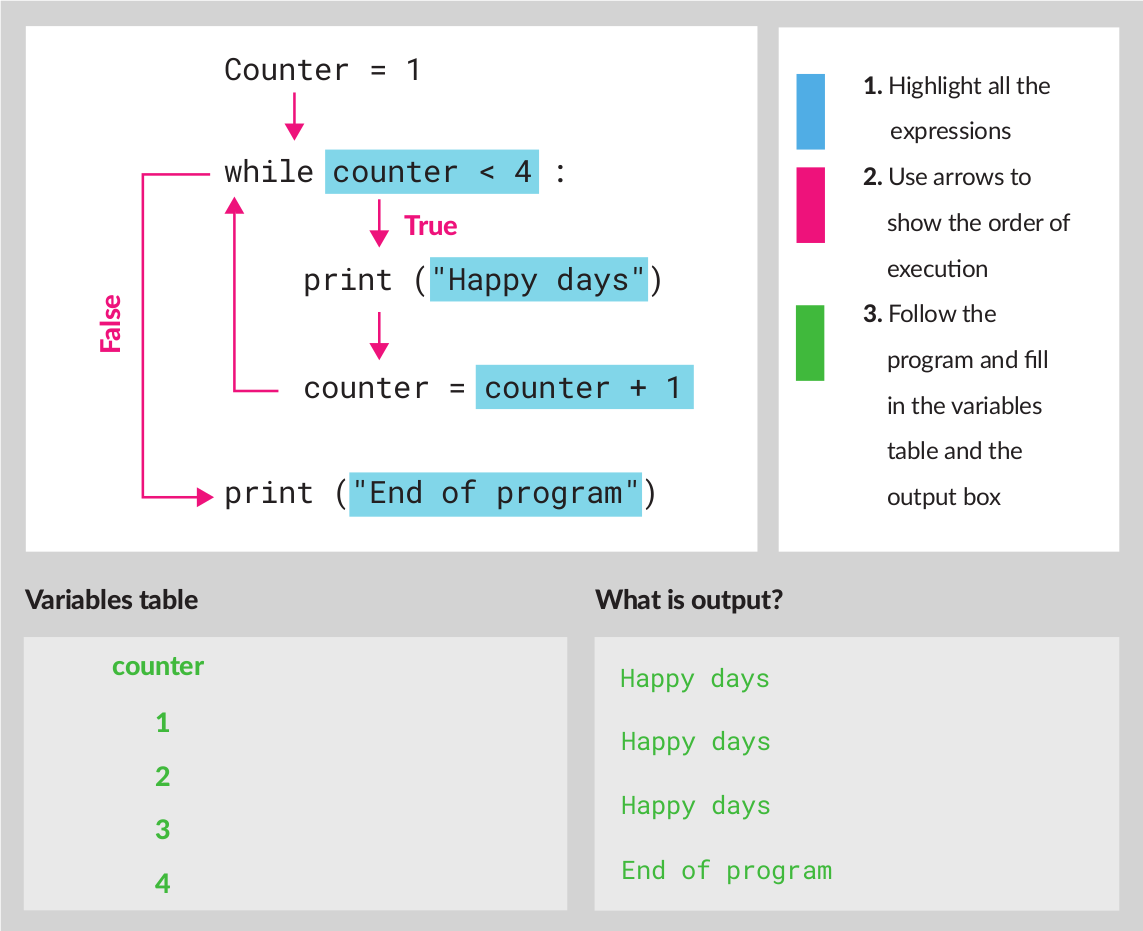
Code Tracing supports the development of program comprehension by encouraging learners to read, understand and record the behaviour of a program at different stages of it's execution.
31 March 2021
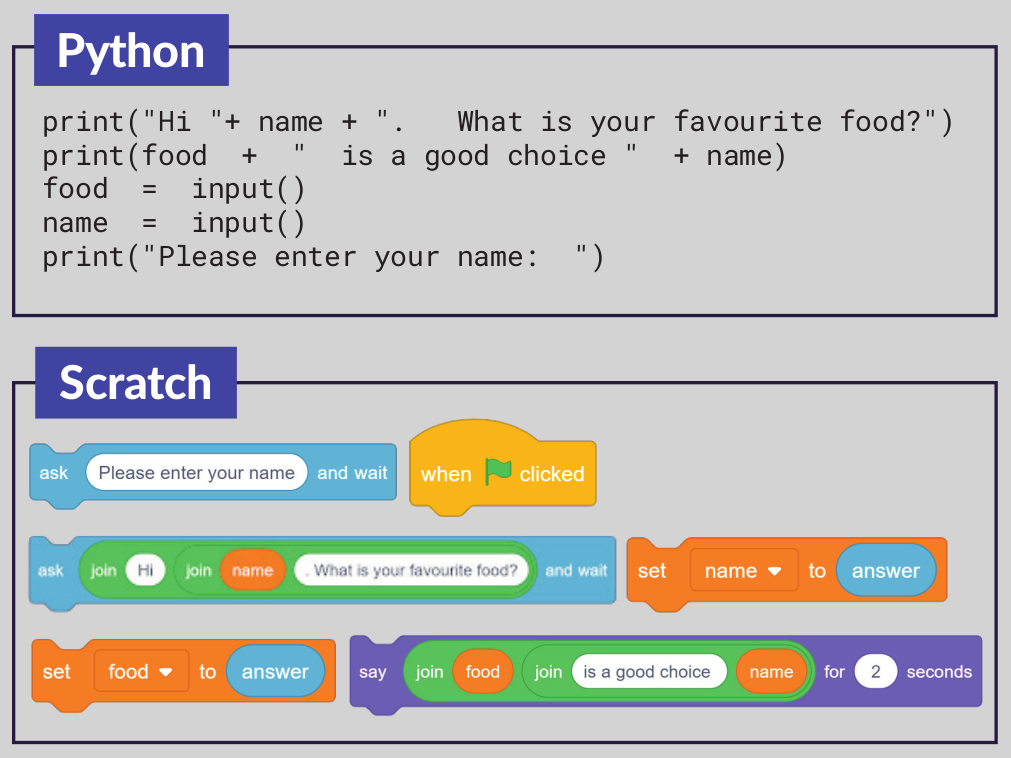
One tool that can help learners develop program comprehension is Parson’s Problems, which are exercises that require learners to rearrange lines of code into the correct sequence.
12 February 2021
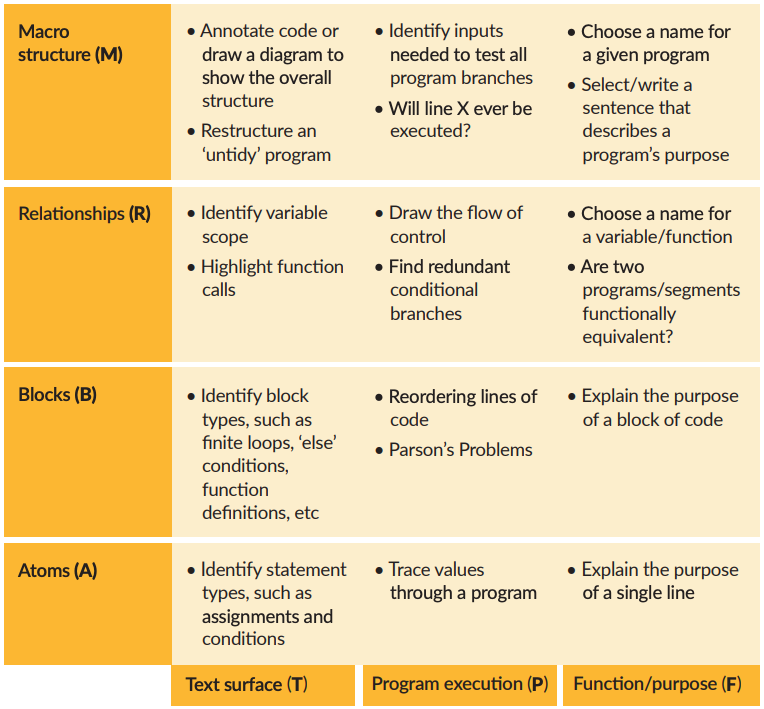
Program comprehension has become recognised as an important step in learning to program. What exactly is program comprehension, why is it so important, and how can educators develop these skills with their learners?
30 October 2020

PRIMM is an approach that can support teachers in structuring lessons in programming. In this quick read we explore the five stages of PRIMM and some of the research behind the approach.
24 September 2020
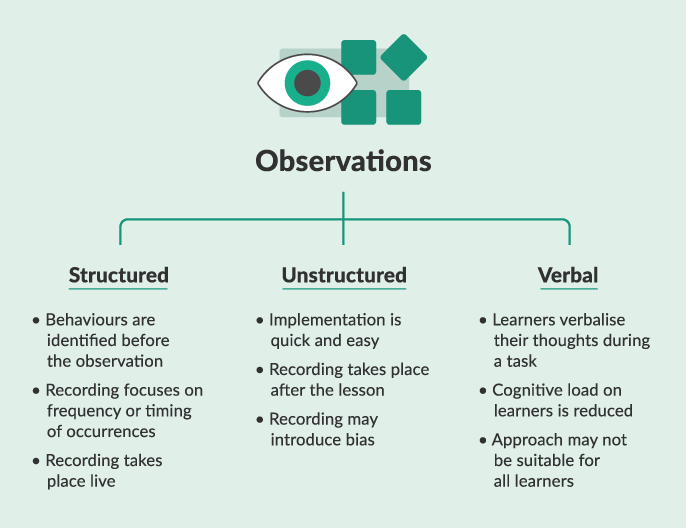
In many research projects observing and recording student behaviour is a useful way to measure the impact of new ideas and approaches. In this quick read we explore structured and unstructured observation techniques as well a verbal observation approaches.
25 June 2020